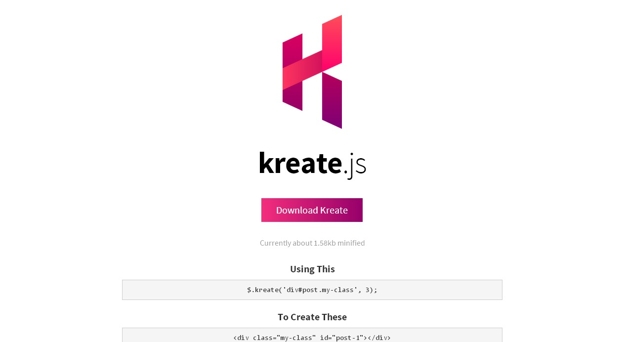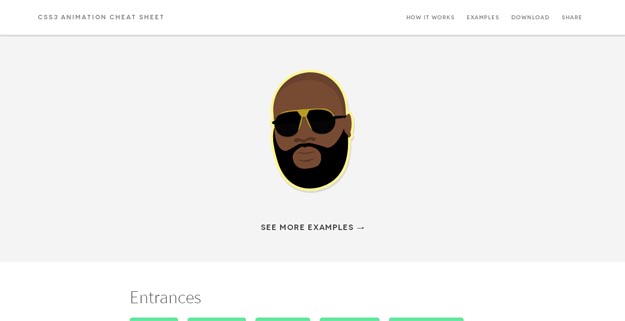Drupal is designed as a content management software (WCMS), gaining practical experience in custom application development. With over 1000+ websites upheld with Drupal, it is one of the tops of the line platforms for building custom applications on the web, supported by a set of local highlights and module expansions.
Another troublesome and well-known side of Drupal is its capacity to build integrated, versatile eCommerce platforms. Drupal offers its application integration with outsider platforms and computerized advertising tools that settle on it a favored decision to set up a connecting with and sellable eCommerce arrangement.
Drupal has LAMP innovation stack as the base (Linux, Apache, MYSQL, and PHP). It has a community support of 1.3 million individuals (by November 2017), with more than 109,000 users contributing. With the capacity of this framework to go about as a creative WCMS and eCommerce development stage, considering it for custom web application development would end up being a productive and gainful thought.
Here, we talk about a couple of more reasons, to give you a chance to recognize the genuine intensity of this open-source content management framework.
1. It Supports Mobile-First Development
Drupal supports the development of responsive websites and applications. The themes and modules pursue the accepted procedures to guarantee a consistent experience for the users, independent of the gadget that the user has.
2. Simple Integration with Third-Party Tools
With Drupal, you can consider broad development, one that supports integration with outsider tools and innovations. For instance: CRM and ERP bundles, website search engines, execution checking, interpretation services and so on. Thusly, Drupal supports the development of web entries, wherein interfacing and getting to content from outside sites makes the general framework all the more intense.
3. Content Management for Novice Users
With Drupal, even the apprentices can begin with their own website. On account of the adaptable content creating, framework gave that permits to include, oversee, and distribute the content, with no specialized know-how. This may incorporate making and overseeing work processes (for creators, administrators, distributors, and designers), consents, following content corrections and so forth.
4. Themes and Modules for Scalable Solution
Drupal has 25,00+ free themes and 39,000+ free modules that empower the users to broaden the usefulness of application and customize it as indicated by business or a person’s necessity.
5. Tremendous Taxonomy for Product Management
Product management by classifications, sites, and inventories with Drupal is simple. This empowers users to pay special mind to the coveted product over the application, guaranteeing that programs are changed over into purchasers.
6. Shopping basket for Users and Search Engines
Alongside an amazing UI and drawing in UX, Drupal offers offices to popularize the websites and applications. From optimized sites for search engines to incorporating web investigation to dispatch advancement bundles; with Drupal, it’s everything arranged.
7. Detailing and Performance Tracking Facility
For eCommerce platforms, it is critical to track the user conduct with the application. While Drupal offers a dashboard for revealing request status, installment strategies, deals and so forth., extra highlights for detailing can be customized or included through modules.
Custom Application Development with Drupal: Getting Started
While Drupal offers an extension to build adaptable arrangements, extending from individual blog to corporate websites and eCommerce platforms, its essence lies in management ease post development. Administrator, creator, or different individuals from the management group can go for brilliant customization as indicated by present needs.
On the off chance that your business prerequisite requires an adaptable and versatile presence on the internet, we prescribe you to pick Drupal for custom web application development.





